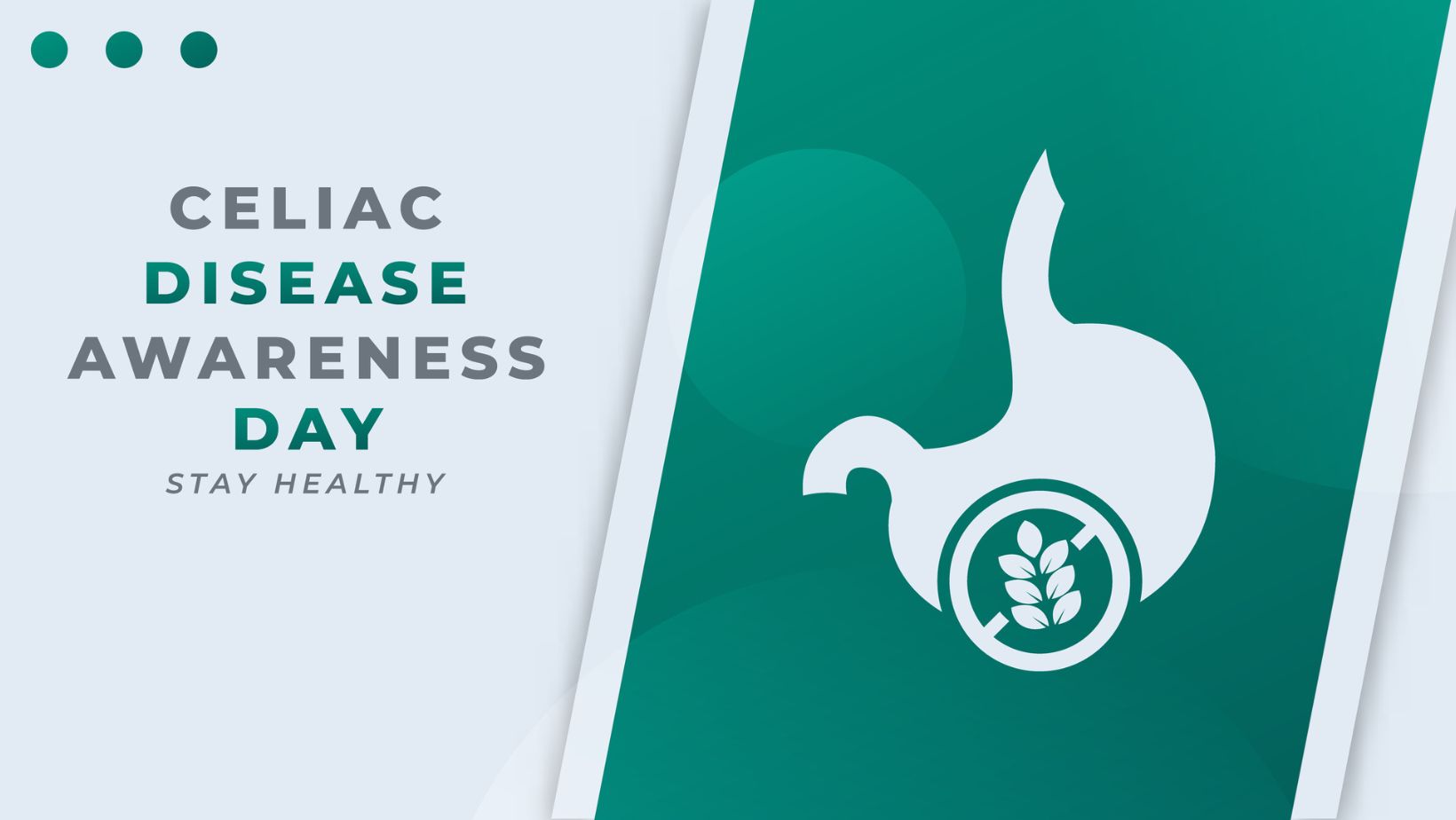Every year on September 13th, we observe National Celiac Disease Awareness Day, a day dedicated to raising awareness about a serious autoimmune disorder that affects millions of people worldwide. Celiac disease is triggered by the consumption of gluten, a protein found in wheat, barley, and rye, leading to damage in the small intestine. This day serves as an important reminder of the challenges faced by those living with celiac disease and the need for greater understanding and support.
History of National Celiac Disease Awareness Day
National Celiac Disease Awareness Day was established in 2010 by the United States Senate, thanks to the efforts of the National Foundation for Celiac Awareness (now known as Beyond Celiac). The day aims to shed light on the often misunderstood and underdiagnosed condition, as well as to promote education, research, and advocacy efforts.
Celiac disease has been recognized for centuries, with early descriptions dating back to ancient Greece. However, it wasn’t until the 1940s that the link between celiac disease and gluten was discovered by Dutch pediatrician Willem-Karel Dicke. Since then, research has continued to expand our understanding of the disease, its causes, and its management.
Understanding Celiac Disease
Celiac disease is a chronic autoimmune disorder that affects the digestive system. When individuals with celiac disease consume gluten, their immune system responds by attacking the small intestine, leading to damage of the intestinal lining. This damage can cause a range of symptoms, including abdominal pain, bloating, diarrhea, constipation, fatigue, and weight loss.
Over time, untreated celiac disease can lead to malnutrition, as the damaged intestine is unable to properly absorb nutrients from food. This can result in a host of health complications, such as anemia, osteoporosis, infertility, and even certain types of cancer.
The only current treatment for celiac disease is a strict, lifelong gluten-free diet. This means avoiding all foods and products that contain wheat, barley, rye, and their derivatives. While this can be challenging, the good news is that many delicious and nutritious gluten-free options are now widely available, making it easier for those with celiac disease to maintain a healthy and varied diet.
Raising Awareness and Support
National Celiac Disease Awareness Day presents an opportunity to educate the public about this often-misunderstood condition and to show support for those living with celiac disease. Here are some ways you can get involved:
- Educate yourself and others about the signs, symptoms, and management of celiac disease. Share informative articles, personal stories, and resources on social media using the hashtag #CeliacDiseaseAwarenessDay.
- Support gluten-free businesses and restaurants in your community. Many establishments now offer gluten-free options, making it easier for those with celiac disease to dine out safely.
- Participate in or organize fundraising events, such as walks, runs, or bake sales, to support celiac disease research and advocacy organizations.
- If you know someone with celiac disease, take the time to learn about their specific needs and how you can best support them. Even small gestures, like ensuring there are gluten-free options at social gatherings, can make a big difference.
The Future of Celiac Disease
While living with celiac disease can be challenging, ongoing research offers hope for better diagnosis, treatment, and management options in the future. Scientists are working to develop new diagnostic tools, such as blood tests and imaging techniques, that can help identify celiac disease more accurately and efficiently.
Furthermore, researchers are exploring potential treatments beyond the gluten-free diet, such as enzymes that can break down gluten proteins, vaccines that can prevent the immune system from reacting to gluten, and drugs that can reduce inflammation in the small intestine. While these treatments are still in the experimental stages, they offer the potential for improved quality of life for those with celiac disease.
As we mark National Celiac Disease Awareness Day on September 13th, let us take a moment to appreciate the resilience and strength of the celiac community, as well as the tireless efforts of researchers, advocates, and healthcare professionals working to improve the lives of those affected by this condition. By raising awareness, promoting understanding, and supporting one another, we can create a world where those with celiac disease can thrive and live life to the fullest.
